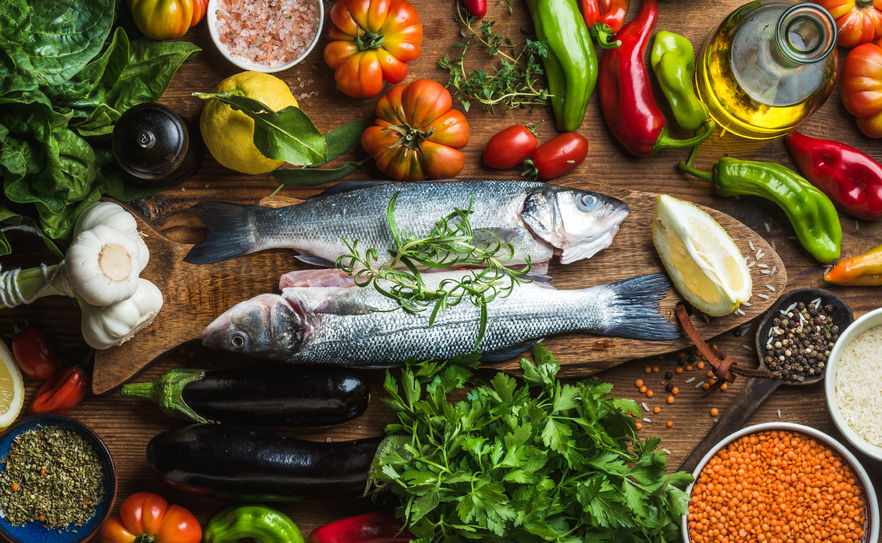A healthy lifestyle and longer life go hand-in-hand. A poor diet increases your risk of dying from heart disease, stroke, diabetes. Your food choices can have a profound impact on how long you’ll live.
The battle against heart disease, stroke and type 2 diabetes – three of the world’s leading causes of death – may be won or lost on your grocery list.
Unhealthy eating habits stand out as a lifestyle factor that increases the risk of death associated with the chronic diseases, researchers say. Numerous studies draw a clear line between what’s on your plate and mortality.
Studies Show That a Healthy Lifestyle and Longer Life
• More than two-thirds of heart disease-related deaths worldwide can be linked to food choices, according to a study published last year. The authors estimated that 6 million deaths could have been avoided through better diets.
• Healthy lifestyle choices reduce the risk of stroke by 80%, concluded a study published in 2019. Diet was identified as the leading factor, earning a designation as the “worst of the health issues in the United States.”
• Poor dietary habits contributed to almost half of more than 700,000 deaths reviewed as part of a study published in 2017. The deaths were caused by heart disease, stroke and type 2 diabetes.
• Each study illustrates the profound impact that food choices can have on your health, says registered dietitian Kate Patton, MEd, RD, CCSD, LD. (Patton was not involved in the cited research.)
“A way of looking at it is thinking about food as medicine,” explains Patton. “The right food can really improve your health and decrease your risk of developing these chronic diseases.”
Foods to avoid to eat healthier
The studies identify some common culprits in poor diets that have long been associated with influencing your heart health and metabolism. Excessive sodium/salt intake ranked among the top concerns.
While sodium is an essential nutrient for your body, too much of it can lead to high blood pressure (hypertension) and damaged arteries that strain your heart, Patton notes. And hypertension is a stepping stone to heart disease and potentially a heart attack or stroke.
The average American consumes about 3,400 mg of sodium per day, according to the U.S. Food and Drug Administration. The federal Dietary Guidelines for Americans 2020-2025 recommends limiting sodium intake to less than 2,300 mg per day.
But it’s not just a matter of putting down the salt shaker. Sugary beverages and processed food – particularly meat – also earned warning flags in the studies, as did foods high in saturated fats.
Foods to build a healthier diet
The road to healthier eating starts in the produce aisle with fruits and vegetables. The average diet for Americans falls short of meeting recommended levels, according to statistics from the U.S. Department of Agriculture.
Healthier diets, like the rightly acclaimed Mediterranean diet, also feature more whole grains, nuts and seafood such as salmon and tuna that are rich in omega-3 fatty acids, according to the various studies.
“These studies and others like them serve as a call to take a closer look at your diet,” says Patton.
It could be a life-saving action.
Click here to read full article about a healthy lifestyle and longer life.






